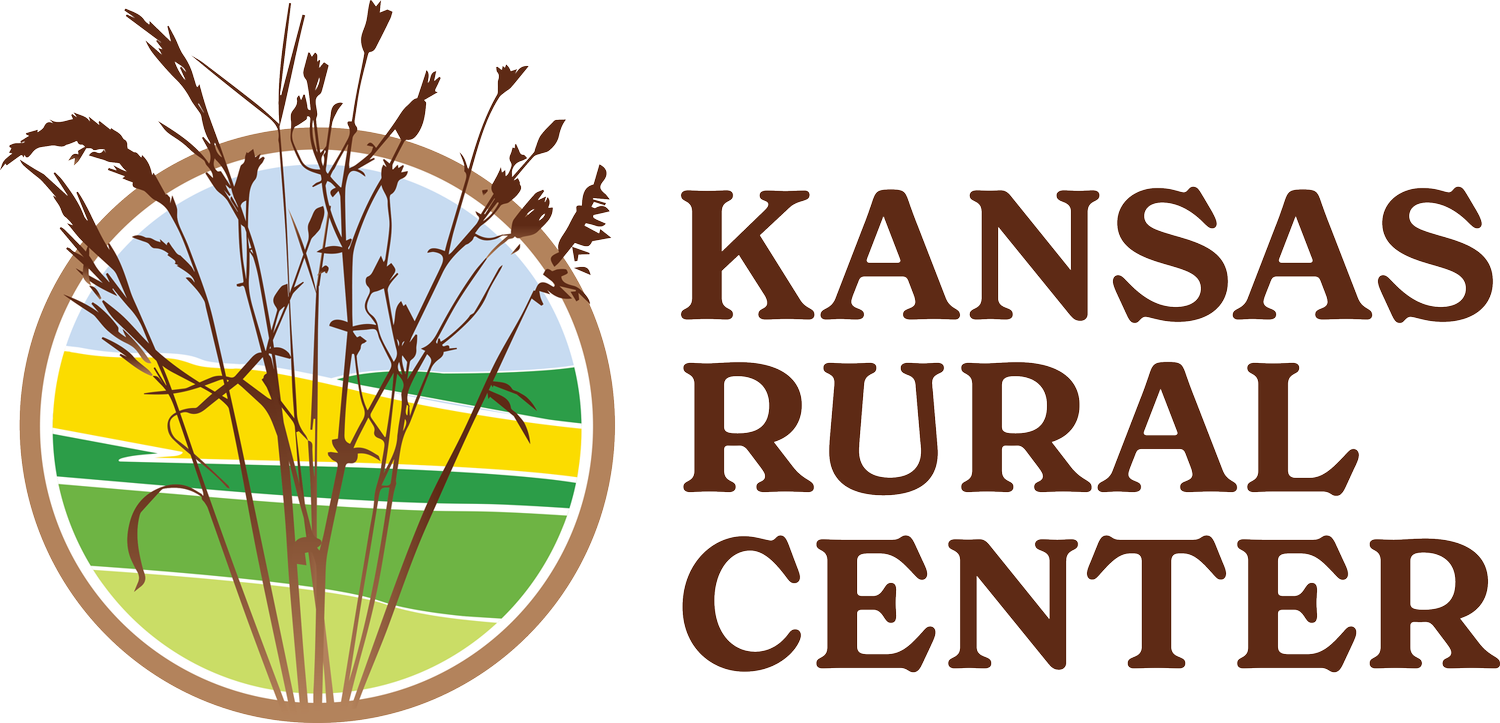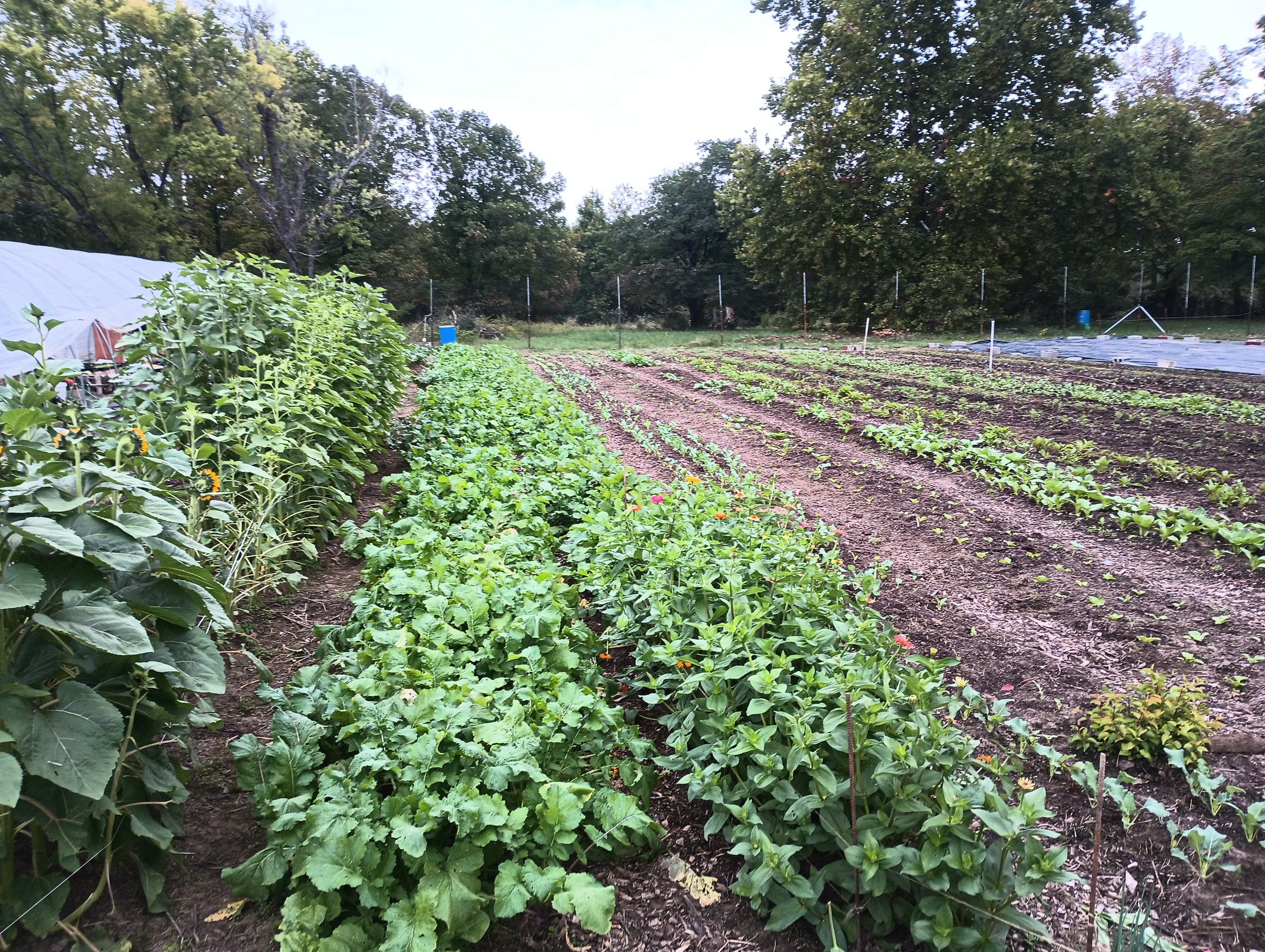Urban Agriculture in Fayetteville Arkansas
Honest Dirt Farm
I’m currently enrolled as a graduate student in K-State’s Masters in Horticulture with emphasis in Urban Food Systems program at the K-State Olathe campus, seeking to gain more experience and knowledge about both urban and rural food systems for my personal life and professional work. Though we’re the Kansas Rural Center, I’ve found it very valuable to learn about urban food systems and the interactions that rural and urban food producers have with their respective surroundings and the food system at large. We at KRC see our mission as not only to serve and uplift rural farms, people, and communities, but to advocate for a better food and farming system wherever people live across our state, creating a more resilient food system for all.
Honest Dirt Farm
Dripping Springs Garden
Cobblestone Farms
This Fall my coursework at K-State took me to Fayetteville, Arkansas on an Urban Ag Study Tour to visit and learn about a variety of farms and organizations that contribute to the food system in and around Fayetteville. Over five days we visited sixteen sites, learning about their contributions and challenges, and how they connected to one another. This included long established farms like Dripping Springs Garden, newer ones like Honest Dirt Farm, the non-profit Cobblestone Farms, NW Arkansas Land Trust, the Fayetteville Public Library, and more. We found that the robust development of the food system in Fayetteville was assisted by the support of the Walton Family Foundation and their prioritization of forming and maintaining a cohort of food system stakeholders. I appreciated how the foundation invested in the community not only with grants and monetary support, but also by dedicating staff to food system efforts and building the capacity of other organizations in the area. One example is the Walton Family Foundation’s support of the creation of the Spring Creek Food Hub to serve farmers and consumers in the area. Though all the locations we visited were doing great work on their own, it was clear that the consistent support of the foundation was a multiplier that made that work easier and assisted in system-wise collaboration.
All of our visits were good but I probably enjoyed the Fayetteville Public Library the best. There, library staff and community members worked together with the City of Fayetteville and other stakeholders to emphasize sustainability for the library and life enrichment for patrons. Through cooking and nutrition classes, a free seed sharing library, shared space for audio and video production, 3D printer, and using simulators to give experience for CDL or pilot’s licenses, and more, the library wants to help its patrons “develop a more complete literacy”. I like to think that’s akin to our mission here at KRC, too. If you’re ever in need of a little getaway from life here in Kansas, I recommend giving Fayetteville a look! And if you’re interested in furthering your own food system education at the university level, check out K-State’s Urban Food Systems Certificate or the M.S. program at Olathe.
Article By: Ryan Goertzen-Regier, Program and Admin Manager of Kansas Rural Center





